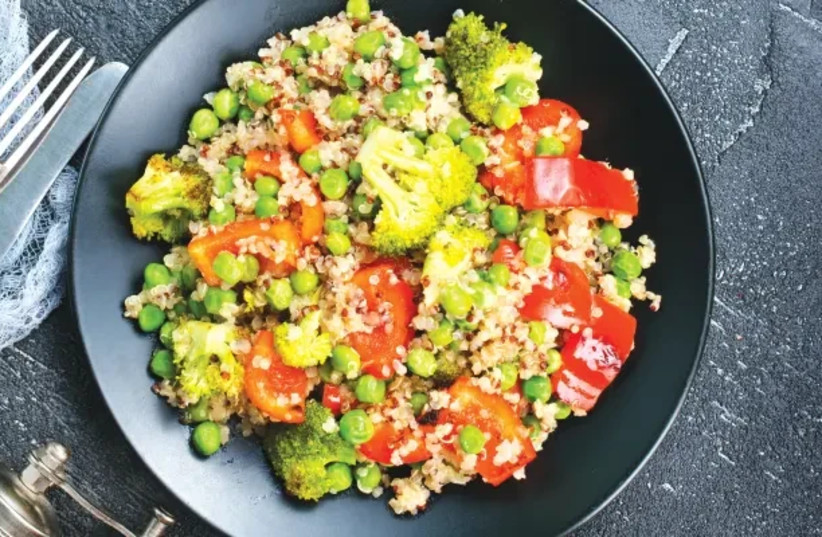Which type of diet is better, a vegan diet or an omnivorous one? A recent study shed light on exactly that, but found that focusing more on unprocessed foods might be even more important.
Published in the journal JAMA Network Open in November 2023, the study included 22 pairs of identical twins. In each pair, one twin adopted a fully vegan diet while the other continued with an omnivorous diet.
The results demonstrated that twins following a healthy vegan diet experienced significant improvements in LDL or “bad” cholesterol levels, insulin levels, and weight reduction compared to those on a meat-based diet.
Both menus included vegetables, legumes, fruits, and whole grains without added sugars or refined carbohydrates. The vegan menu solely consisted of plant-based foods, excluding any meat or animal products, while the omnivorous menu included poultry, fish, eggs, cheese, and dairy products.
The participants began the experiment in March 2022 and followed their assigned dietary plans for eight weeks.

Which is better, a vegan diet or eating mostly meat, fish, and dairy?
Weight measurements and blood tests were conducted on all participants after four and eight weeks to gather comprehensive data. At the end of the study, the vegans had lost an average of 4.2 kg. more than the omnivores. It is important to note, however, that weight loss is not always the sole determinant of dietary success.
Despite the study’s limitations, such as its relatively short duration, the researchers recommend incorporating more vegetables, legumes, fruits, nuts, seeds, and whole grains into daily diets. There is a consensus that reducing processed food consumption, increasing vegetable and fruit intake, and limiting sugar and refined carbohydrates contributes to significant improvements in overall health.
Therefore, it is advisable to shift the focus away from the labels such as “vegan” or otherwise and prioritize the inclusion of unprocessed foods in our daily meal plans. Incorporating more vegetables, mushrooms, nuts, and seeds into our diets is an excellent starting point for enhancing heart health and vascular well-being.
